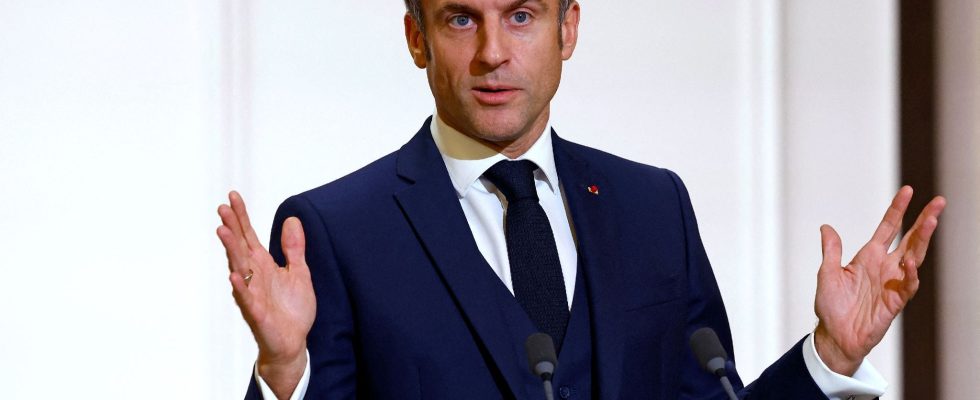We remember the “shock of simplification” of François Hollande, who did not simplify much. The word is coming back into fashion. So much so that the Elysée and Bercy have each launched their own project. Two initiatives at the same time, it must be “complex simplification” or “French-style simplification”. Unless it takes as much to bring order to a jungle where laws – several dozen passed per year, increasingly long, with more and more articles -, regulations, decrees , circulars and directives overlap and complicate life for companies, increase their production costs and restrict their ability to act.
Because normative complexity is not only painful to live with. It is paid for in growth, that is to say in income and jobs. For example, the construction code has gone from 2,300 to 3,800 articles in twenty years. It is not very surprising that we are not building enough in these conditions and that costs are increasing in this sector. Reducing the number of standards is therefore an excellent idea, in which we no longer dare believe as disappointments have been the rule until now.
At the end of November, the President of the Republic placed emphasis on the ETIncelles program to facilitate the transition from SMEs to ETIs – mid-sized companies which employ 250 to 5,000 employees. France has 5,000, half as many as in Germany. However, these companies invest and recruit more than SMEs. If the diagnosis of the lack of ETI is correct – as is the identification of responsibility for standards –, ETIncelles on the other hand constitutes the archetype of what should no longer be done in France. This program aims to identify 500 SMEs and provide them with “elite officials” to help them in their efforts. Nothing is right.
Why select 500 SMEs in a country which has 145,000? Why dedicate hand-picked state agents to them? Are the others therefore incapable of supporting companies in their efforts? Above all, what a lack of ambition! Rather than simplifying, we accept the idea of excessive complexity, and we ask civil servants whose main skill is to master our bureaucratic impasses to help a handful of SMEs find the right forms and tick the right boxes . Grandiose.
The Simplification Meetings, launched by Bruno Le Maire and Olivia Grégoire, also in November, are more ambitious and clever. This involves bringing together 50 professional federations so that companies can identify the environmental, technical and social standards which complicate their lives without clear added value for society – in particular, because they are redundant. This useful work could lead to a legislative component. Let’s give these meetings the benefit of the doubt, because they at least have a legitimate ambition and a credible method. The problem is that simplification is an operation of great intellectual and political complexity. We must, at the same time, identify unnecessary standards and assume responsibility for their elimination.
Let’s take a concrete example. ERPs – establishments open to the public, called “shops” in real life – must comply with numerous fire-fighting standards: fire-resistant construction materials, interior and exterior clearances, facades along free routes, evacuation doors, security lighting, alarm devices, etc. We can clearly see that what is being targeted, through this accumulation of standards, is zero risk. However, this zero risk can be approximated but, extended to all sectors of the economy, it leads us towards zero growth and zero prosperity.
This is where we understand that the fight for simplification or, let us be modest, for the reduction of normative inflation, is also one which aims to restore the confidence governing our social relations. Far from being a technical subject, it is a social project, liberal, difficult and ambitious. An ambition that we still lack at the Elysée.
Nicolas Bouzou, economist and essayist, is director of the consulting firm Astères.
